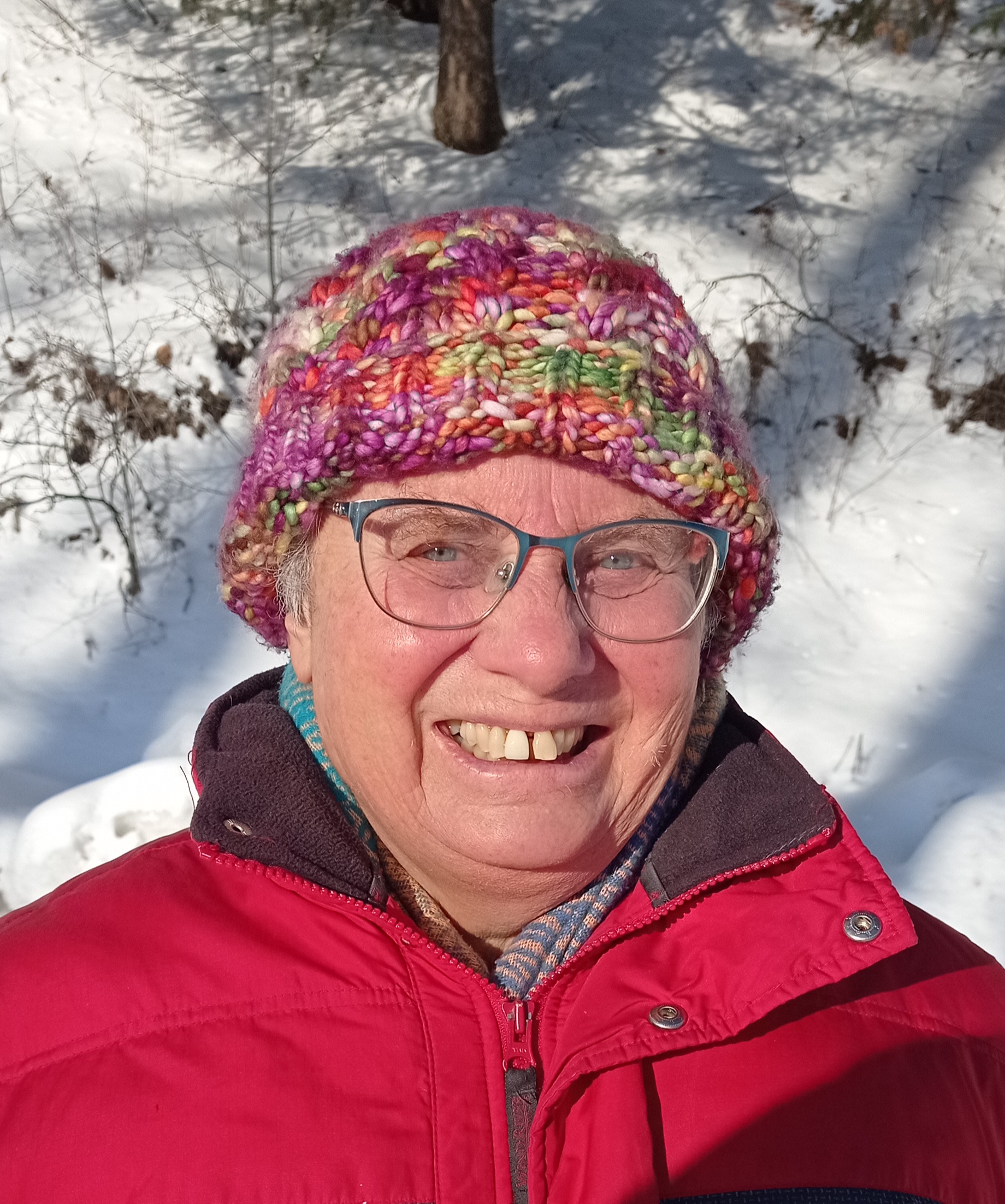RPF, SIBC graduate, Woodlot Forester, Woodlot # 1599
Judy graduated first from BCIT, followed later by UBC Forestry. Initially, Judy co-owned a forestry consulting business doing site plans, ecosystem based plans, forestry instruction, managing both her own and others woodlots. As well Judy enjoyed the teamwork and broader expertise while spending 15 years with the MOF in Woodlots and Stewardship running the district FREP program. Upon ‘retiring’ Judy was challenged, beguiled by the ensuing salvage on Woodlot 1599 in the wake of the Sparks Lake Fire of 2021, which is a continuing adventure.
Presentation Abstract
Judy and her forester husband Rob Norwell have held woodlot 1599 in the Kamloops district since 1999. This woodlot is dry belt Douglas Fir in the Interior Douglas fir (IDF) dk1 and xh2 sub-zone variants. This woodot is within the core territory of the Skeetchestn First Nation.
Woodlots require the full process: hiring logging contractors, developing a good logging contract; using SPAR to find, buy seed; contracting a grower and learning which stock types, species fit your site, surveys, mapping, AAC calculations etc. Woodlot holders must develop good relations ships with First Nations, find a reliable and good planting contractor and likely get help with RESULTS. Its also really rewarding to have long term people available for field work.
Woodlots are an excellent “putting it all together” experience, especially if the woodlot burnt as ours did. Then the work comes at you fast and furious! Instead of a 30 hectare partial cut, we logged a 240 hectare clearcut with reserves and large wildlife trees snags. Now we’re reforesting it to greater or lesser success, based not on how many trees planted but external factors like animal browse, drought.
My core beliefs are we need to log less to protect wildlife, keep at least some of our majestic big old timber types, ensure water is protected, use local people and treat your people fairly. This means (in part) bringing picnics at the end of that years plant with nice goodies!

